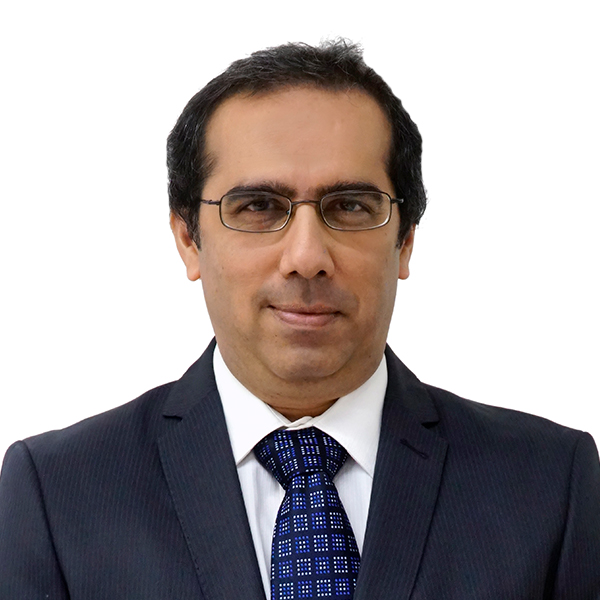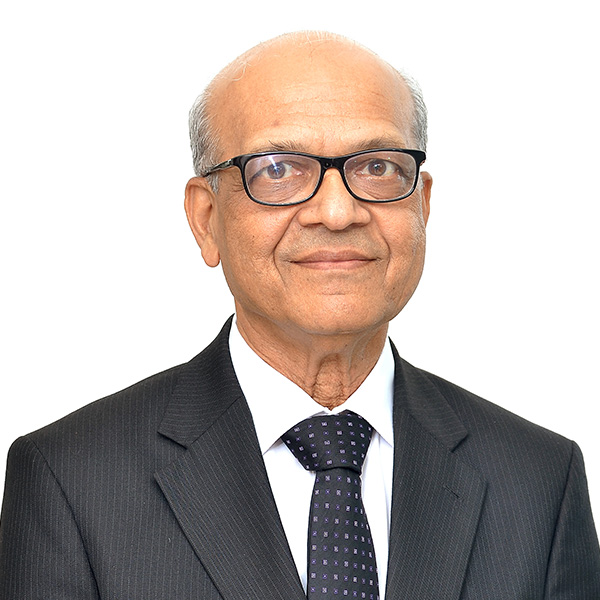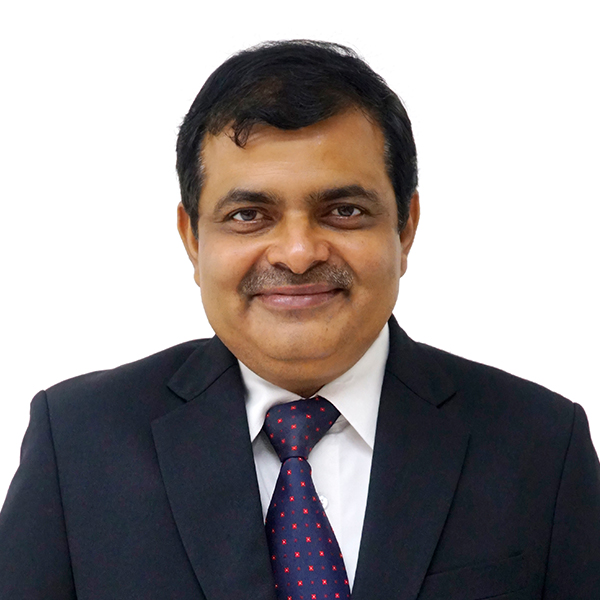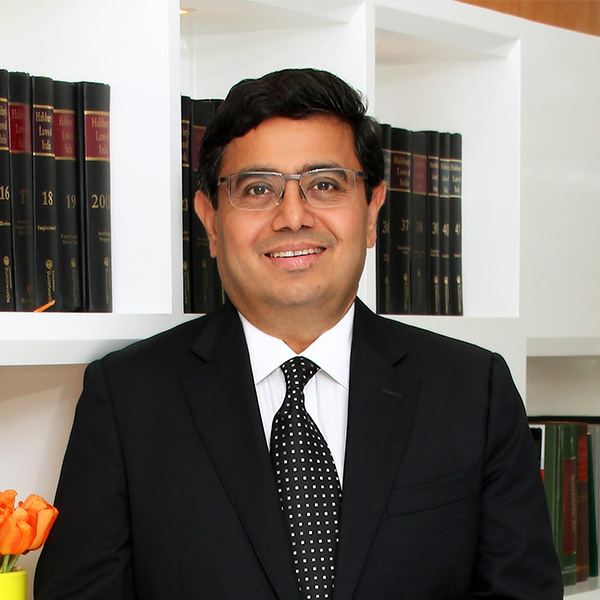Landed value for injury analysis in an Anti-dumping duty investigation cannot be a “Notional value”
The Central Government, acting on the recommendation of the Director General of Trade Remedies (“Designated Authority”) in its Final Findings dated 5th May, 2023,1 had imposed Anti-dumping duty on the imports of Single Mode Optical Fibre from China PR, Korea RP and Indonesia, vide Notification No. 7/2023- Cus (ADD) dated 3rd August, 2023.2 The duties come as a big relief to the Indian manufacturers of Single Mode Optical Fibre (SMOF), which is primarily used for making Optical Fibre Cables for telecom networks.
In the Final findings issued by the Designated Authority, one of the main issues considered was whether Basis Customs Duty (BCD) and other imports charges were to be added in the landed value of imports made under Advance Authorization, which do not suffer such duties, for computing the injury margin of the Domestic Industry. It may be noted that while WTO- Anti-dumping Agreement3 as also Section 9A of the Tariff Act4 permits imposition of Anti-dumping duty to the full extent of the dumping, under Section 9B of the Tariff Act read with Rule 17 of the AD Rules,5 India has adopted the “Lesser Duty Rule” and consequently, Anti-dumping duty equivalent to the lesser of the dumping and injury margin is imposed.
Dumping Margin (DM) is computed as the difference between Normal Value (NV) of the exporter and its Net Export Price (NEP). That is, DM = NV- NEP.
Whereas, Injury Margin is computed as the difference between Non-injurious Price6 (NIP) of the Domestic Industry and the Landed value (LV) of Imports. That is, IM = NIP – LV. Landed Value is usually determined as below:
LV7= CIF/Assessable value + BCD + Social Welfare Surcharge (SWS)
In the investigation concerning imports of SMOF, one of the contentions raised by the Domestic industry was that while determining the Landed Value of the imports made under Advance Authorization scheme, no notional BCD or SWS is required to be added to such imports, as they were made under duty exemption notification and had, in fact, not suffered such duties. In this regard, the Domestic industry had relied on the evidence particularly copies of the relevant Bills of Entry submitted by some of the importers, which showed that the concerned imports were made under Advance Authorization, claiming benefit of Customs duty exemption. On this basis, it was argued that to the extent evidence has been made available by the concerned importers, no notional BCD and SWS was required to be added to such imports.
Agreeing with the submission of the Domestic Industry, the Designated Authority held that the addition of notional Customs duty and SWS on the imports which had in fact not suffered such duties, would result in artificially increasing the landed value. Consequently, qua the imports made under Advance Authorization scheme, for which documentary evidence of levy of nil customs duty was submitted by the concerned importers, landed value was determined as per the value shown on the relevant Bills of Entry.
Arguendo, had the Designated Authority not taken such a pragmatic view, and had he mechanically added a notional/hypothetical Customs duty element on the imports made under Advance Authorization scheme, it would have led to a computation of a much lower injury margin- significantly lower than the actual injury faced by the Domestic industry. Consequently, the duty recommended based on such artificially low injury margin would not have been adequate to remove the injury of the Domestic industry, as is warranted under Rule 17 of the AD Rules.
Interestingly, while the Designated Authority has consistently, in several past findings, held that the imports made under Advance Authorization are required to be included in the injury analysis, seemingly, it was for the first time that the Authority had examined whether a notional duty element is required to be added in the Landed value determination for such imports. The above finding returned by the Authority comes on the back of the unique facts of this case, i.e. where the importers themselves had adduced evidence of non-levy of customs duty on certain imports which were made by them under Advance Authorization. The finding of the Authority on this issue has ensured that a duty adequate to remove the injury of the domestic industry is imposed.
TLC Legal had represented the Indian domestic industry in the Anti-dumping investigation concerning imports of Single Mode Optical Fibre from China PR, Korea RP and Indonesia.
1 Available at: https://www.dgtr.gov.in/sites/default/files/FF%20NCV%20SMOF%20CHINA%20KOREA%20INDONESIA.pdf
2 Available at : https://old.cbic.gov.in/resources//htdocs-cbec/customs/cs-act/notifications/notfns-2023/cs-add2023/csadd07-2023.pdf
3 The Agreement on Implementation of Article VI of the General Agreement on Tariffs and Trade 1994
4 Customs Tariff Act, 1975
5 Customs Tariff (Identification, Assessment and Collection of Anti-Dumping Duty on Dumped Articles and for Determination of Injury), 1995
6 NIP = Cost of Sales + Notional Profit determined for the Domestic Industry. It is a notional price determined, as per Annexure III to the AD Rules, at which the domestic industry would not be facing injury.
7 Creditable duties such as IGST are not added as they are not a cost in the hand of the importer
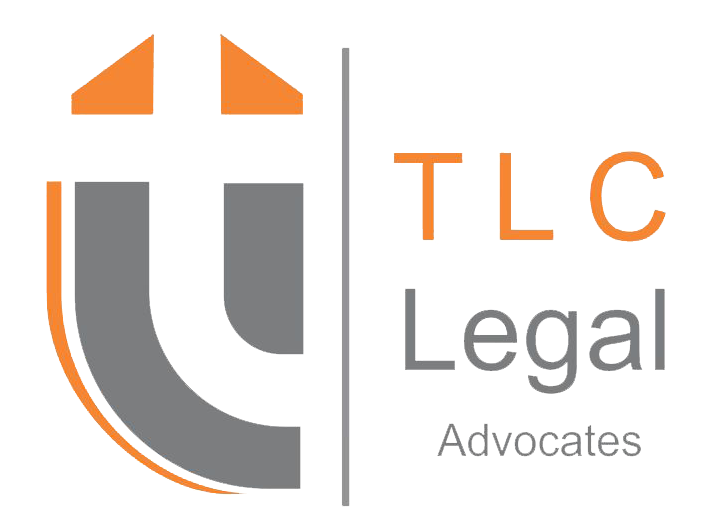
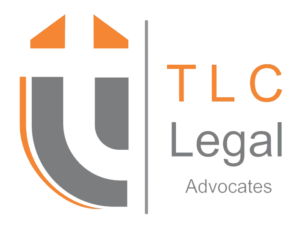
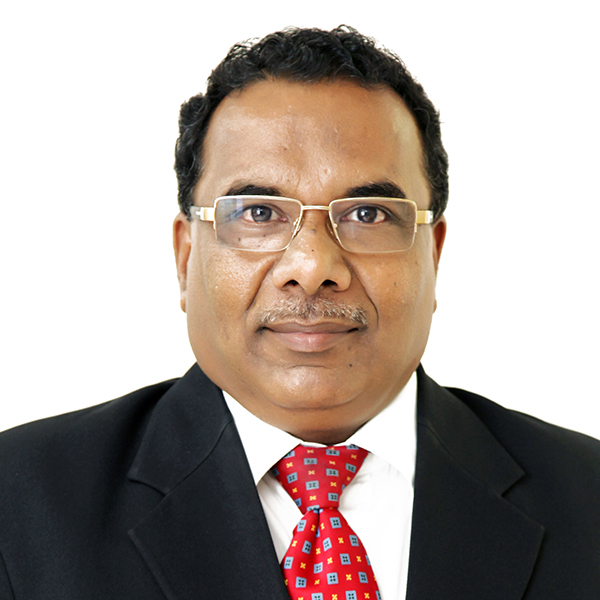
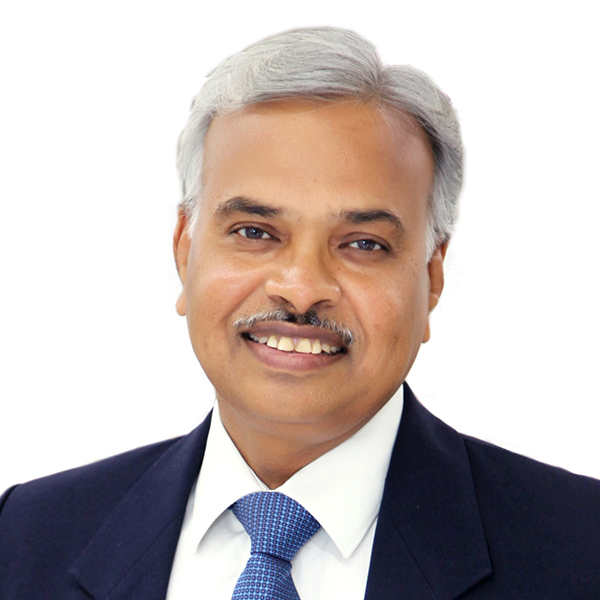
 Mumbai
Mumbai sushil@tlclegal.in
sushil@tlclegal.in